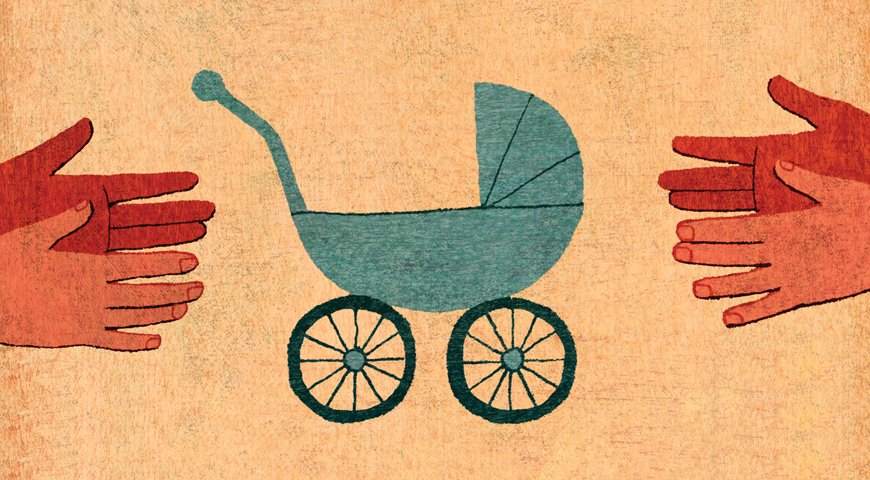01. What are your licenses and accreditations?
Find out if the agency is licensed to operate in your state (hefty up-front fees can be lost if not), if there have been any complaints about it filed with the Better Business Bureau and what other professional organizations it is associated with. “Adoptive parents get very emotional—they often don’t ask the right questions,” says Dr. Diane B. Kunz, co-executive director of the Center for Adoption Policy.
02. What is your full fee?
Many agencies charge for add-ons that clients didn’t anticipate. Is the initial fee “soup to nuts—including attorney’s fees, birth-mom living expenses and counseling? Or will there be additional charges?” asks Denise Seidelman, a partner whose Bronxville, N.Y., firm specializes in adoption law.

03. What support services do you offer?
It’s easy to underestimate the support needed when a child joins your family. “If your agency is full-service, make sure that it is available to you during your wait in the country you’re adopting from if you’re adopting internationally, and on an ongoing basis once you’re home with your child,” says Leslie Case, marketing and communications director for Spence-Chapin, the Manhattan-based nonprofit adoption agency.
04. What information do you share?
Background details about a baby’s parents can be invaluable. “Most agencies will provide the social-medical history form, which the expectant parent(s) completed, and allow the adoptive and expectant parent(s) to speak to one another directly before anyone is obligated to make a financial and emotional commitment,” says Seidelman.
05. Can you connect me with other adoptive parents?
“You want to be able to speak to people who have used the agency you are going to use within the last 18 months,” notes Kunz. If your agency won’t connect you to past clients, that could be a warning sign.

06. How many placements do you do a year?
No agency can tell you exactly how long the adoption process will take, but the placement record can give you a sense.
07. What do you think of open adoption?
Open adoption—which allows contact between the birth parent(s) and the adoptive parent(s) after the child is placed—is becoming more common. “If adoptive parents are uncomfortable with post-adoption contact, they need to make sure their agency has the same approach,” says Seidelman.
08. Do you help prove a biological connection to the child in surrogacy cases?
The practice of using surrogate mothers overseas is growing, but in order to bring a child into the U.S. using this method, the parents must prove that the child has DNA from one of them. Otherwise, the U.S. government will not grant the child a passport and he or she must be adopted. “I do not see that being said enough by certain agencies,” says Kunz.
09. What type of humanitarian aid do you contribute to countries you work with?
“The answer is often an indicator of how involved the agency is with its mission in the country and how it has established itself there,” says Case. And, of course, the aid can help the agency navigate foreign bureaucracies.
10. Are you accredited by the Hague Convention and the State Department for international adoptions?
If the country where the child will be born is a signatory to the Hague treaty—China, for example—then you have to operate within the agreement’s bylaws and the agency must be certified to handle that process. And a law passed in late 2012 requires U.S. agencies handling international adoptions to be accredited with the State Department.
For more information, contact Dr. Diane B. Kunz, Center for Adoption Policy, adoptionpolicy.org; Denise Seidelman, Rumbold & Seidelman, [email protected], 914.779.1050,adoptionlawny.com; Leslie Case, Spence-Chapin, [email protected], 212.369.0300, spence-chapin.org.






